What is Probate?
Probate is a legal process that happens after someone passes away. It's a way to handle their belongings, money, and property, and make sure everything is distributed correctly according to their wishes or the law.
In the state of Florida, probate is necessary to pass ownership of the decedent’s assets to the decedent’s beneficiaries.
During probate, a court oversees the process to make sure it's fair and follows the rules. The court confirms the validity of the deceased person's will, if there is one. A will is a document that states how the person wanted their assets to be divided among their loved ones after they die.
What if there is no will?
If there is no will, or if the will is not valid, the court follows a set of laws called intestate succession. These laws determine how the person's belongings should be distributed among their family members.
How does Probate work?
The probate process involves several steps. First, the court appoints a person called an executor or personal representative to manage the estate. This person is responsible for gathering all the assets, paying off any debts or taxes, and distributing the remaining property to the rightful beneficiaries.
During probate, creditors of the deceased person may also come forward to claim any money owed to them. The court ensures that these debts are properly paid from the estate before distributing the remaining assets.
Probate can take some time, usually several months or even longer, depending on the complexity of the estate and any legal issues that arise. It also involves paperwork, court hearings, and sometimes the involvement of lawyers.
Overall, probate is a legal process that ensures the fair distribution of a person's belongings after they pass away, whether according to their will or the laws of intestate succession. It's a way to protect the rights of the deceased person and their beneficiaries and make sure everything is handled correctly.
FORMAL Probate Administration
Formal probate administration is required when the decedent has been dead for two years or less and when the value of the probate estate exceeds $75,000. Also, it is better to utilize a formal probate administration if the decedent has many unpaid creditors.
In Florida, you are required to have an attorney represent you if you plan to act as the executor or personal representative of a person’s estate. Trying to navigate the Florida probate system alone is not an easy task and it is important, when handling a person’s final affairs, that the matter is handled properly and in a timely manner.
Summary Administration
Summary probate administration may be the appropriate choice when it appears the value of the decedent's entire probate estate in Florida, less the value of exempt property, does not exceed $75,000 OR the decedent has been dead for more than 2 years.
Homestead TRANSFER OF Real Property
In Florida, a person's primary residence can be protected from potential claims of creditors for the benefit of legal heirs of the decedent's estate. Also, the property is given a $0.00 value and considered exempt property in a probate administration. Strict rules must be adhered to in order to determine whether the property qualifies as a person's homestead and to ensure it is protected. Summary administration might be appropriate if this is the sole asset a person owned at the time of their death that needs to be transferred through probate.
Know before you list! Before listing a home for sale, make sure the property is properly titled in your name. If you are trying to sell a property that is legally owned by someone who has passed away, probate is required before the sale can go through. Don't wait until the last minute when the title search reveals you are not the legal owner. Contact Rogers Law to find out the best way to protect the property and make sure title is properly transferred in order to close on a sale.
Your initial consultation is always FREE
If you have questions regarding a probate administration, complete the form below to speak with Attorney Dena Rogers.

